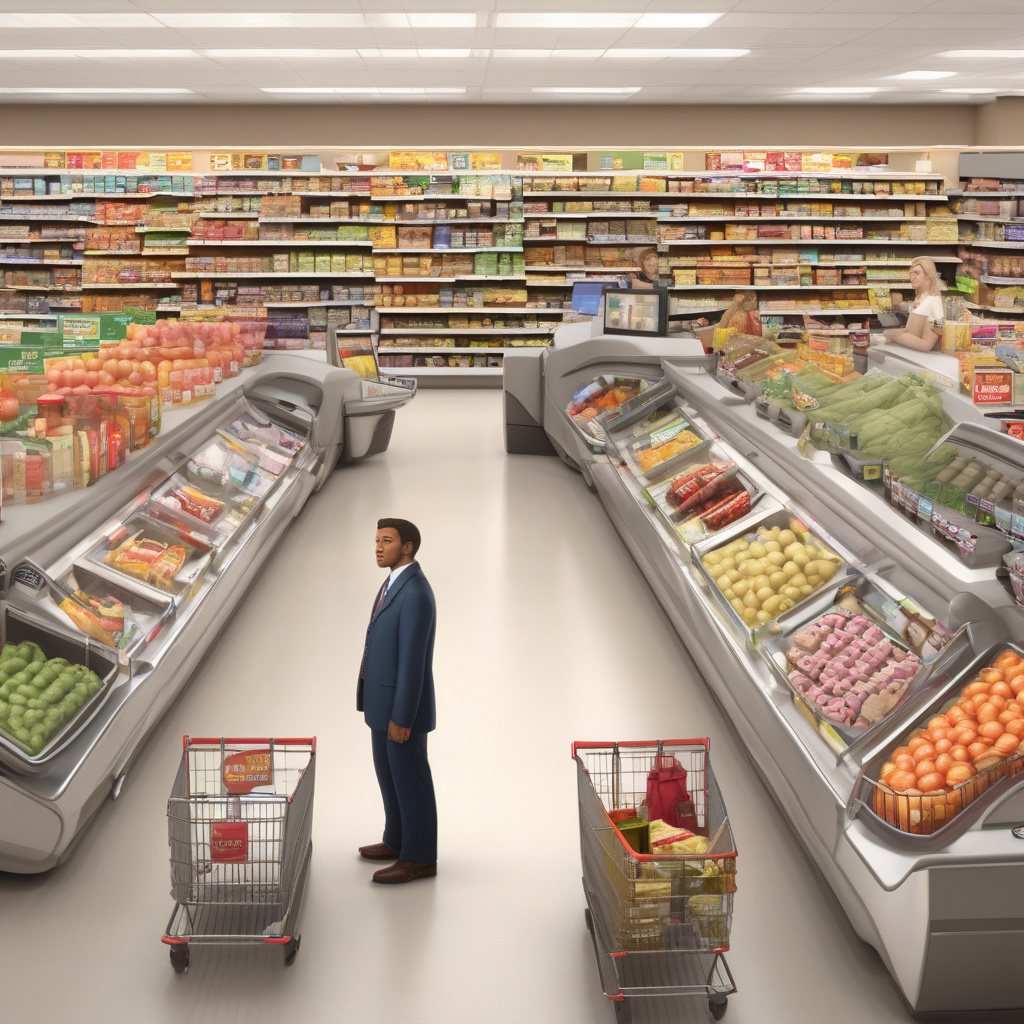Washington State Lawmakers Propose Restrictions on Self-Checkout
Washington state lawmakers are currently considering a bill that would impose restrictions on the use of self-checkout kiosks in retail stores across the state. The proposed legislation aims to address concerns about the impact of self-checkout technology on employment, customer service, and the overall shopping experience.
One of the primary arguments in favor of restricting self-checkout is the potential negative effect on jobs in the retail sector. Critics of self-checkout kiosks argue that by automating the checkout process, retailers are eliminating the need for human cashiers, thereby reducing job opportunities for workers. By imposing restrictions on self-checkout technology, lawmakers hope to protect jobs and ensure that workers are not displaced by machines.
Another concern raised by proponents of the bill is the impact of self-checkout on customer service. Many consumers prefer interacting with human cashiers rather than machines, as they value the personal touch and assistance that a human employee can provide. By limiting the use of self-checkout kiosks, lawmakers aim to preserve the quality of customer service in retail stores and maintain a positive shopping experience for consumers.
In addition to concerns about employment and customer service, some lawmakers argue that self-checkout technology may contribute to an increase in theft and fraud. Without human cashiers overseeing the checkout process, there is a risk that some customers may attempt to bypass scanning items or improperly weigh produce, leading to potential losses for retailers. By restricting self-checkout, lawmakers hope to mitigate the risk of theft and ensure that all transactions are conducted accurately and honestly.
While the proposed restrictions on self-checkout have garnered support from some lawmakers and labor advocates, they have also faced criticism from retailers and technology proponents. Opponents of the bill argue that self-checkout technology offers convenience and efficiency for both customers and retailers, allowing for faster transactions and reduced labor costs. By limiting the use of self-checkout kiosks, retailers may face challenges in meeting consumer demand and adapting to changing shopping preferences.
Ultimately, the debate over self-checkout restrictions in Washington state reflects larger discussions about the role of technology in the retail sector and its impact on jobs, customer service, and security. As lawmakers continue to consider the proposed legislation, they must weigh the potential benefits and drawbacks of restricting self-checkout technology and carefully consider the implications for retailers, workers, and consumers.
In conclusion, the proposed restrictions on self-checkout in Washington state underscore the complex issues surrounding the use of technology in the retail industry. By addressing concerns about employment, customer service, and security, lawmakers aim to strike a balance between innovation and regulation in the evolving landscape of retail. The outcome of this debate will have far-reaching implications for the future of shopping experiences in Washington state and beyond.
self-checkout, retail technology, Washington state, customer service, employment restrictions
